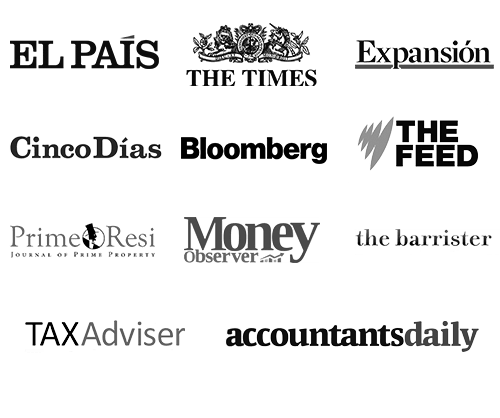What we save by working with full invoice. According to VAT law, for a purchase document to be considered a full invoice it has to meet various requirements, some of which are complete tax data of supplier and customer, the invoice number, and a detailed VAT breakdown (see all requirements here).
Having said this, it is just as common for a self-employed worker or if you work for a firm, to find suppliers that do not make the complete invoice, the reasons to not emit this can be, lack of time, knowledge or even because the client did not request it. In these cases, some suppliers give an invoice that cannot be considered a complete one, which is an inconvenience for the client.
There are various cases of suppliers who legally do not have to emit a complete invoice and we will focus the analysis on how it economically affects the impossibility of deducting tax the lack of an invoice and not the legal responsibility of working with those who find the submerged economy that in any case should not be considered.
Types of suppliers
In function of the purchase receipts given, they can be distinguished into two types of suppliers that do not give complete invoices:
- Those who emit a simplified invoice or ticket: These suppliers, although they don’t give you a complete invoice, they do emit a legal document with which you can deduct the expenditure on corporation tax or Personal Income Tax, as the Tax office recognizes them legally. Some suppliers of this sort might be Bazaars or purchases through the internet as well as others.
- Practical example: When you fill the gas for your company car or as self-employed you leave with a ticket without asking for a complete invoice and as the year goes on you have paid 3.025€, asking for a complete invoice you could have reduced to 2.500€
- Those who deliver a signed delivery note or proof of delivery: In this case, the document emitted is an informal one with no legal validity of which a self-employed worker cannot deduct from this expense and a company could not register it in its accounting, which adds even more issues.
It is common to find a sporadic- Practical example: We have lost the invoice for the purchase of a printer for which we have paid 500€, as we don’t have the document we cannot deduct it and we are renouncing to deduct around 87€ of VAT and 103€ in Corporate Tax, therefore to lose this invoice will cost around 190€ (a 38% of the price)
- 25% being the most common type of Corporate Tax, it can vary depending on the type of company and in the case of self-employed workers, depending on the tranche of IRPF.
Summing up
To sum up, working with other types of documents that aren’t a complete invoice has an important economic cost which has to be considered as a seemingly “cheap” purchase can end up being more expensive than its alternative if we do not receive a complete invoice. In the same way, we have to consider this fiscal saving at the time of assessing the request for a full invoice when it is possible to obtain it and not leave with a ticket, even if it takes a few extra minutes.
Contact us with any questions or incidences that you may have in your accounting, we will assess you in tax and accounting. We will get back to within 24 hours.
Del Canto Chambers





